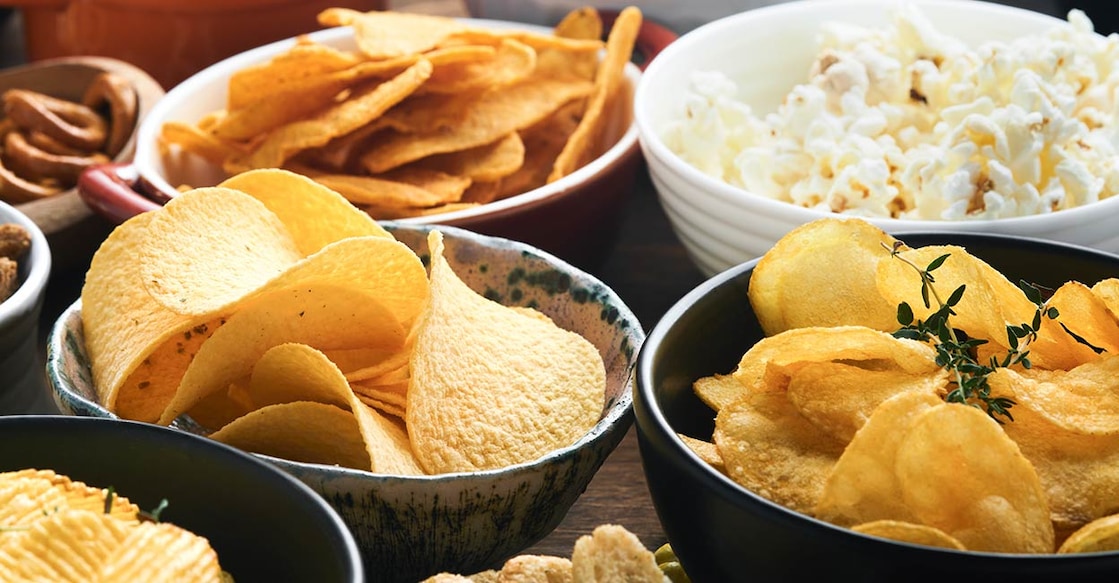MSG isn’t the villain you think it is: These everyday foods have it too

Mail This Article
MSG stands for monosodium glutamate, a flavour enhancer commonly added to foods like soups, processed meats, snacks, and restaurant dishes. It’s the sodium salt of glutamic acid, an amino acid that naturally occurs in many foods, including tomatoes, cheese, and mushrooms.
Is MSG harmful? The short answer is no, for most people. Here's why:
Scientific Studies
Numerous studies have been conducted on MSG over the years, and the majority of credible research suggests that it is safe when consumed in typical amounts. Organizations like the FDA (Food and Drug Administration), the World Health Organization (WHO), and the Food and Agriculture Organization (FAO) have all stated that MSG is generally recognized as safe (GRAS).
'Chinese Restaurant Syndrome'
MSG gained a negative reputation in the 1960s after reports of people experiencing symptoms like headaches, sweating, and a sensation of pressure when eating foods with MSG. This phenomenon was dubbed "Chinese Restaurant Syndrome." However, research has since shown that these symptoms are rare and usually occur only in very high doses or in individuals who are particularly sensitive to MSG. For the vast majority of people, these symptoms don't appear. Over time, MSG's negative reputation has persisted due to misinformation, anecdotal reports, and misunderstandings.
While most people can consume MSG without issue, some individuals may experience mild reactions (like headaches, flushing, or sweating), a condition sometimes referred to as MSG Symptom Complex. However, these reactions are rare and typically occur with excessive intake (often much higher than typical consumption).
Should you avoid MSG?
For most people, there's no need to avoid MSG. If you're sensitive to it or if you prefer to avoid additives for personal or health reasons, it’s completely understandable to choose products that don’t contain MSG. However, for the vast majority of people, MSG is not harmful and can be enjoyed as a part of a diverse and balanced diet.
Everyday foods that contain MSG
MSG is commonly found in a variety of processed and packaged foods. Here are some foods that typically contain MSG or may have added MSG as a flavour enhancer:
Snacks
Potato chips
Flavoured popcorn
Crackers
Snack mixes
Cheese puffs
Pretzels
Fast food & takeout
Chinese food (especially in sauces and broths)
Pizza (especially with processed meats or certain cheese blends)
Burger joint food
Ready-to-eat frozen meals
Fried foods (especially at fast food chains)
Seasoning & Sauces
Soy sauce
Barbecue sauce
Teriyaki sauce
Gravy mixes
Salad dressings (some varieties)
Bouillon cubes (chicken, beef, or vegetable)
Stock and broth cubes
Processed meats
Canned meats
Hot dogs
Bacon
Lunch meats (like deli meats)
Beef jerky
Canned & packaged foods
Canned soups
Canned vegetables
Canned chilli
Instant noodles (like ramen)
Frozen dinners
Instant rice meals
Processed cheese products
Processed cheese slices
Cheese spreads
Cheese dips
Condiments & seasoning mixes
Seasoning blends (like taco seasoning)
Spicy sauces
Prepared salad dressings
Ranch dressing (certain brands)
While MSG is often added to enhance the umami flavour in food, many items labelled "natural" or "no added MSG" may still contain naturally occurring glutamates from ingredients like tomatoes, cheese, or hydrolyzed vegetable protein.

